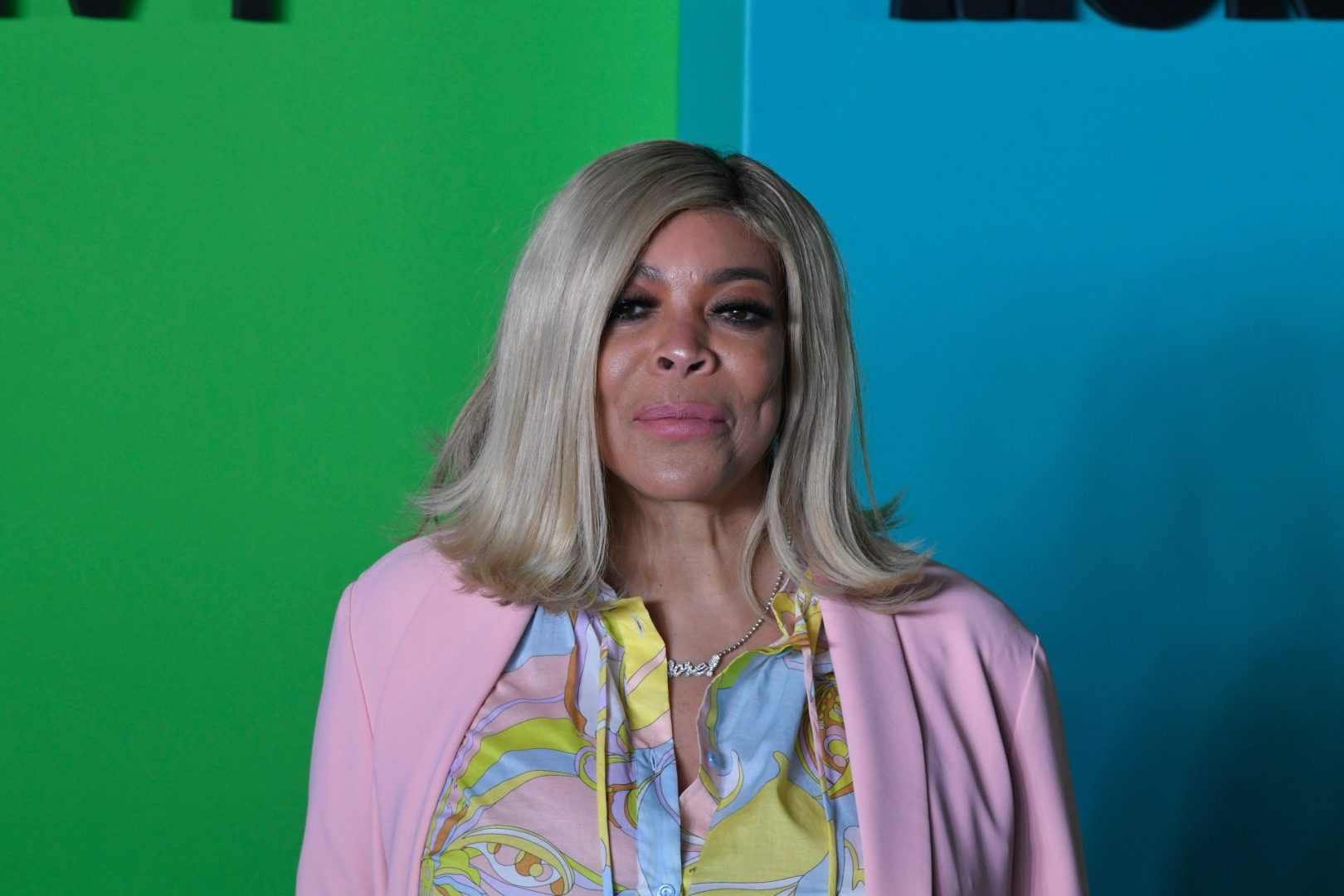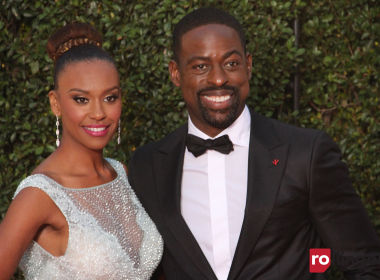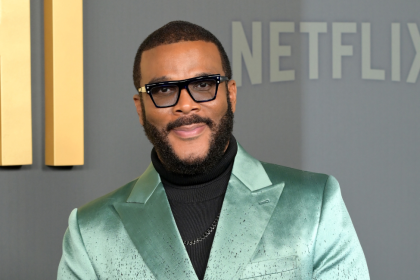The release of Lifetime’s Where is Wendy Williams? has thrust the former talk show host back into the spotlight, revealing her life under court-appointed guardianship since 2022. Following the documentary’s premiere, Williams participated in a conversation with journalist Don Lemon, offering unprecedented insights into her current situation. The documentary aired in February 2024, providing viewers with an intimate look at Williams’ journey from hosting one of America’s most popular daytime talk shows to her current circumstances under guardianship care. The production team captured moments of vulnerability and strength, documenting Williams’ transition from public figure to someone navigating a complex legal arrangement.
Life under restrictions
Williams‘ daily life presents a stark reality of limited freedom. Her communication remains monitored, with her guardian controlling phone access – allowing outgoing calls while blocking incoming ones. The former media personality describes her current residence not as an apartment but as an “old age home,” where she frequently dines alone in her room, disconnected from her usual social circle. This isolation extends beyond physical confinement, affecting her ability to maintain professional relationships and personal connections that defined her career for decades. The restrictions have significantly impacted her once-vibrant social life, limiting interactions with industry colleagues and longtime friends who were regular fixtures in her daily routine.
Fighting incapacity claims
The interview revealed Williams’ firm stance against claims of dementia and incapacitation. Her responses showed careful restraint, stemming from concerns about potential consequences for speaking too freely about her situation. Her niece, Alex Finnie, confirms these apprehensions, noting the delicate balance Williams must maintain in her communications. Medical privacy laws prevent full disclosure of Williams’ health status, leading to widespread speculation among her supporters. The guardianship arrangement has created a complex web of legal and personal challenges, as Williams navigates the delicate balance between maintaining her public image and adhering to the restrictions placed upon her.
Future aspirations
Despite current restrictions, Williams maintains clear aspirations. Her vision includes relocating to Florida to strengthen family bonds and pursuing work opportunities on her own terms. She emphasizes a desire for flexibility in her professional endeavors, moving away from the demanding five-day-a-week schedule that characterized her previous talk show career. The potential move to Florida represents more than just a change of scenery; it symbolizes Williams’ hope for greater autonomy and family support. Her professional goals now focus on selective projects that allow her to maintain her creative voice while managing her health and personal well-being.
Public response
The interview has sparked widespread public discourse across social media platforms. Viewers have rallied behind Williams, drawing parallels to other high-profile guardianship cases and calling for greater transparency in the system. Social media campaigns have emerged, with fans sharing personal stories and legal experts weighing in on the complexities of guardianship law. The public reaction has evolved into a broader conversation about personal autonomy and the rights of individuals under guardianship, with many questioning the balance between protection and independence.
Reform implications
Williams‘ situation has become central to discussions about guardianship reform and individual rights. Her experience raises questions about the system’s effectiveness and the need for regular reassessment of guardianship arrangements. As public interest grows, her case may influence future conversations about protecting vulnerable individuals while preserving their independence. The legal community has begun examining the implications of high-profile guardianship cases, considering how they might impact future legislation and court procedures. Advocacy groups point to Williams’ case as an example of the need for more nuanced approaches to guardianship, particularly for individuals who maintain significant cognitive abilities while requiring assistance in specific areas of their lives.
The visibility of Williams’ case has sparked discussions about reforming guardianship laws to better accommodate varying levels of capacity and independence. Legal experts suggest that cases like Williams’ highlight the need for more flexible arrangements that can adapt to changing circumstances while protecting vulnerable individuals. The entertainment industry has also begun examining its role in supporting public figures who face personal challenges, recognizing the need for better systems to protect both their well-being and their professional legacy.

















